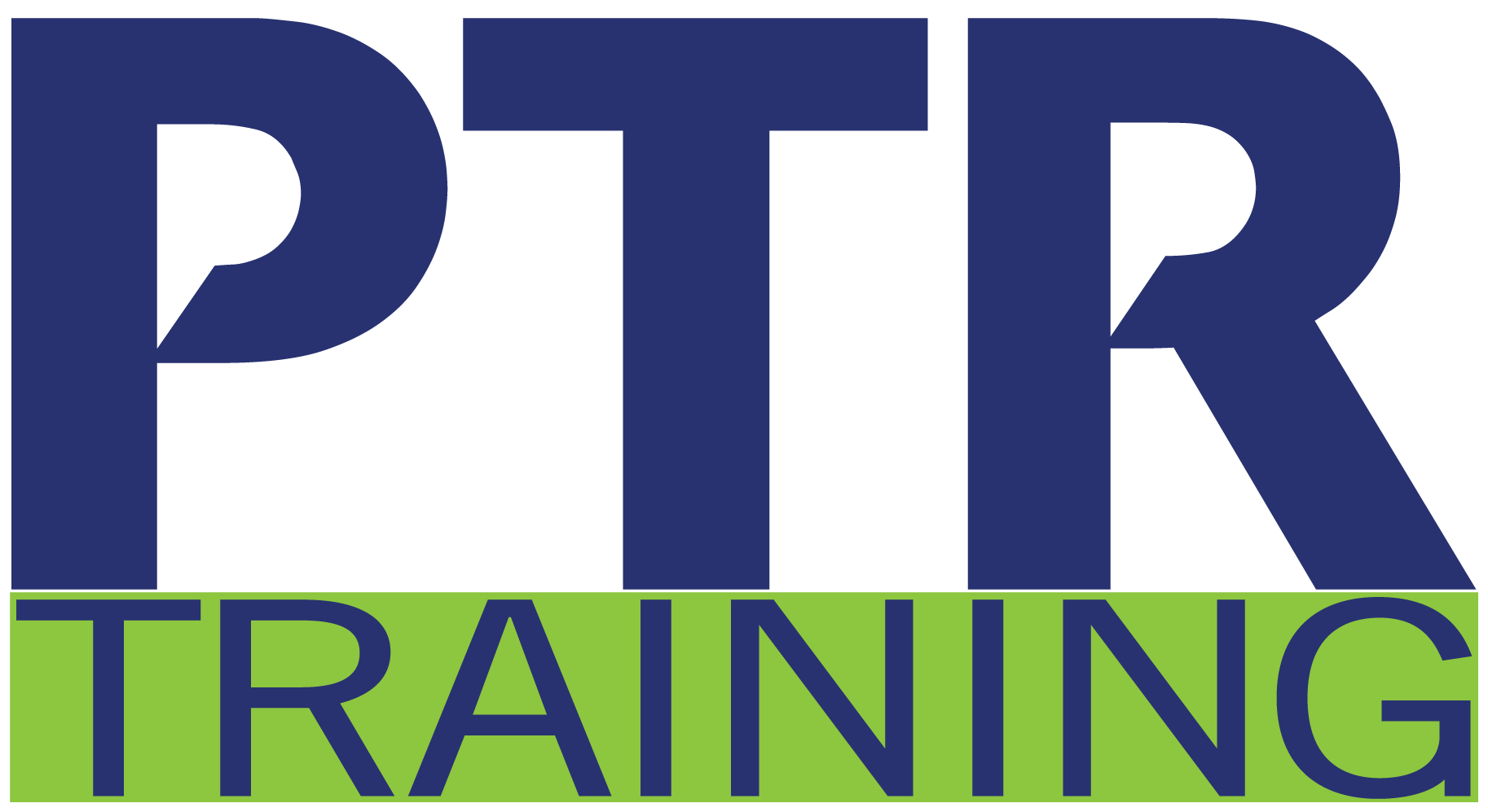Your approach may be effective, and your ideas may be visionary—but your results are always measured in numbers. This high-powered course will give you the finance and budgeting savvy to plan accurate budgets, work with financial statements, and spot potential problems.
Learning Objectives »
- Overview basic financial management concepts
- Apply methods that Fortune 500 companies use
- Learn and work with different budget types
- Read and develop financial statements
- Learn the basics of budget management
- Plan long-term budget and financial goals
Course Agenda
Financial Management Overview
- Foundations of Financial Management
- Universal Terms
- General Ledger Accounts
- Fixed and Variable Costs
- Sound Budgeting Principles
- 8 Steps to Forecasting
- Financial Management Pitfalls
Budgeting Overview
- What is a Budget?
- Types of Budgets Businesses Use
- Guidelines for an Effective Budget
- Master Budgets
- Budget Types and Examples
- Creating New Budgets
- Other Budget Options
- Cash Flow Statements
- Salary / Cash Budget
Financial Statements
- Financial Reporting Objectives
- Reading a Financial Statement
- Financial Ratios
- Capital Asset Criteria
- Capital Expenditures and Budgets
- Different Capital Budgets
- Lease vs. Purchase of Capital
- Depreciation
Budget Approval & Management
- Problems in Controlling Expenses
- Expense Ratio Analysis
- Ratio Analysis for Budgeting
- Budget Management
- Budget Approval
- Negotiation Tips
- Budget Control Standards
- Controlling the Budget
- Enhancing Your Resources
- Elements of a Successful Proposal
- Organizing and Presenting
- Budget Review Meetings





